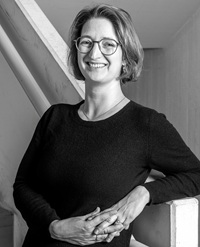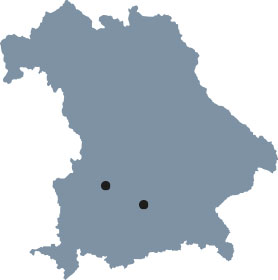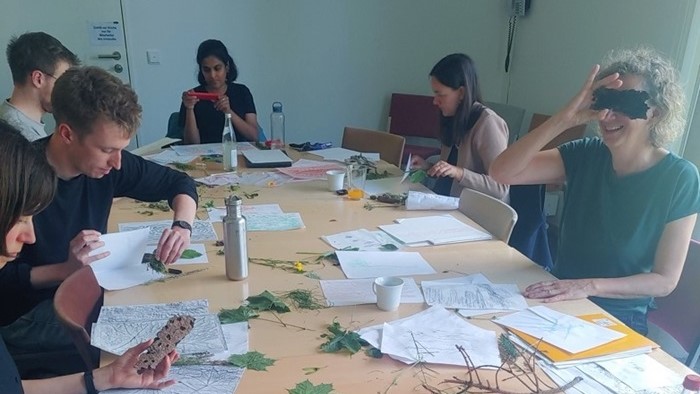Rethinking Environment: The Environmental Humanities and the Ecological Transformation of Society
Climate catastrophe, the sixth great extinction and other massive environmental changes are overwhelmingly the result of human activity. Societies worldwide are already impacted by their effects. However, human activity may also be key for positive change. Inter- and transdisciplinary in scope and method, the Environmental Humanities help to “rethink environment” on a local, and culturally specific level, but also on global scale to build a more sustainable relationship with our planet.
| Degree | PhD |
| Duration of study | Four Years |
| Place of study | Augsburg, Munich (LMU) |
| Admission requirements | Master's degree in one of the participating or a related field. Fast track candidates can also apply. |
| Language | English, German |
| Application deadline | Currently no call for applications |
| Head | Prof. Dr. Simone M. Müller (Augsburg) Prof. Dr.-Ing. Sonja Dümpelmann (Munich) |
| Coordinator | PD Dr. Kirsten Twelbeck Contact the coordinator |
| Further information | Website "Rethinking Environment" |
Socio-ecological transformation and the humanities
The International Doctorate Program "Rethinking Environment", funded by the Elite Network of Bavaria, qualifies doctoral students from the humanities and the social sciences to contribute inter- and transdisciplinary perspectives to a debate commonly associated with the natural sciences.
Individual projects range from a history of the relationship between bees and humans to integrating urban ecology and environmental education for informal public transport systems in South Africa. They examine alter/native [sic!] oceanic contexts in speculative fiction and investigate the effectiveness of the tools and strategies used in education for sustainable development in a school context.


To address the ecological challenges of our time, the program creates a space for encounters and exchange beyond the boundaries of academic discipline.
Prof. Dr. Simone M. Müller




